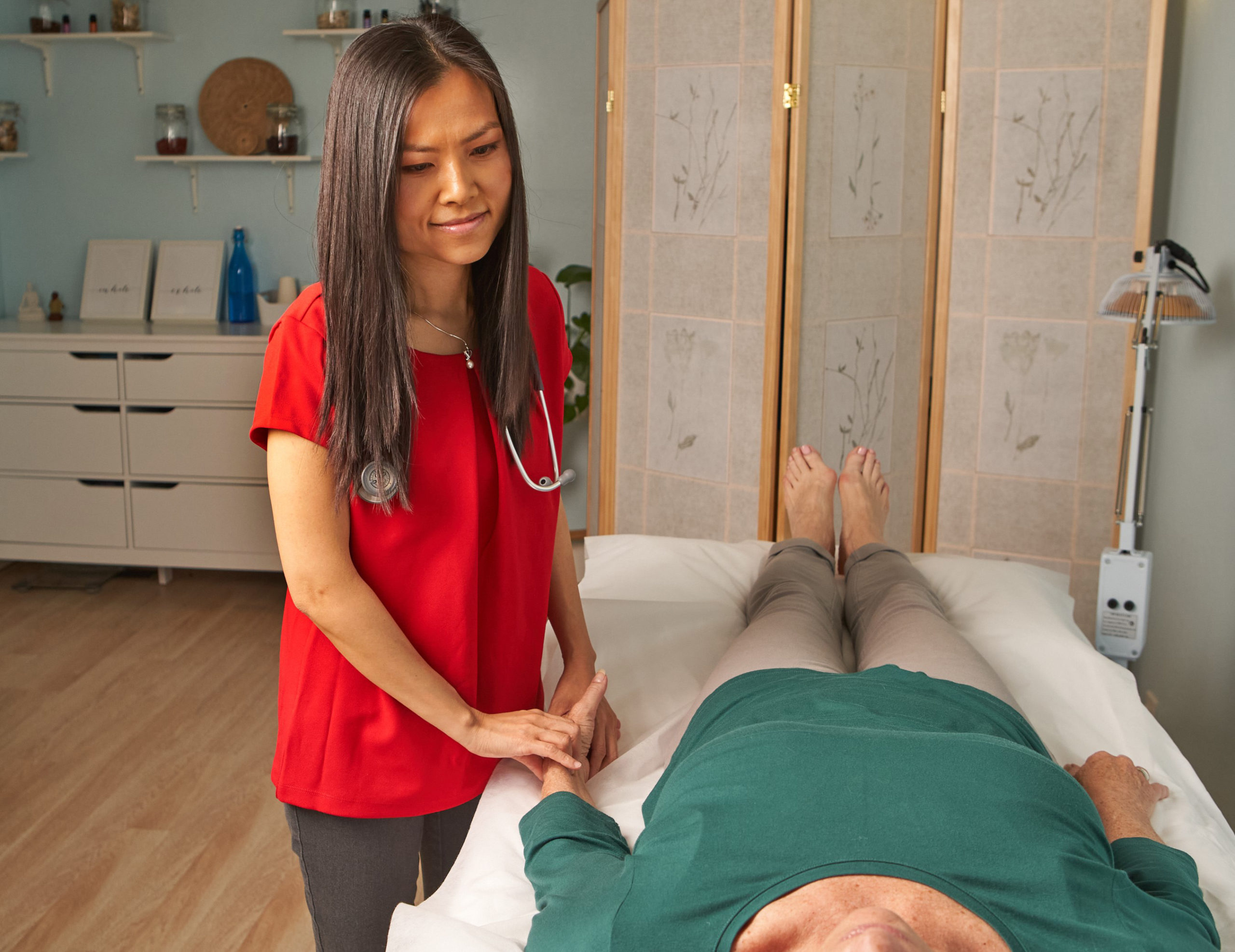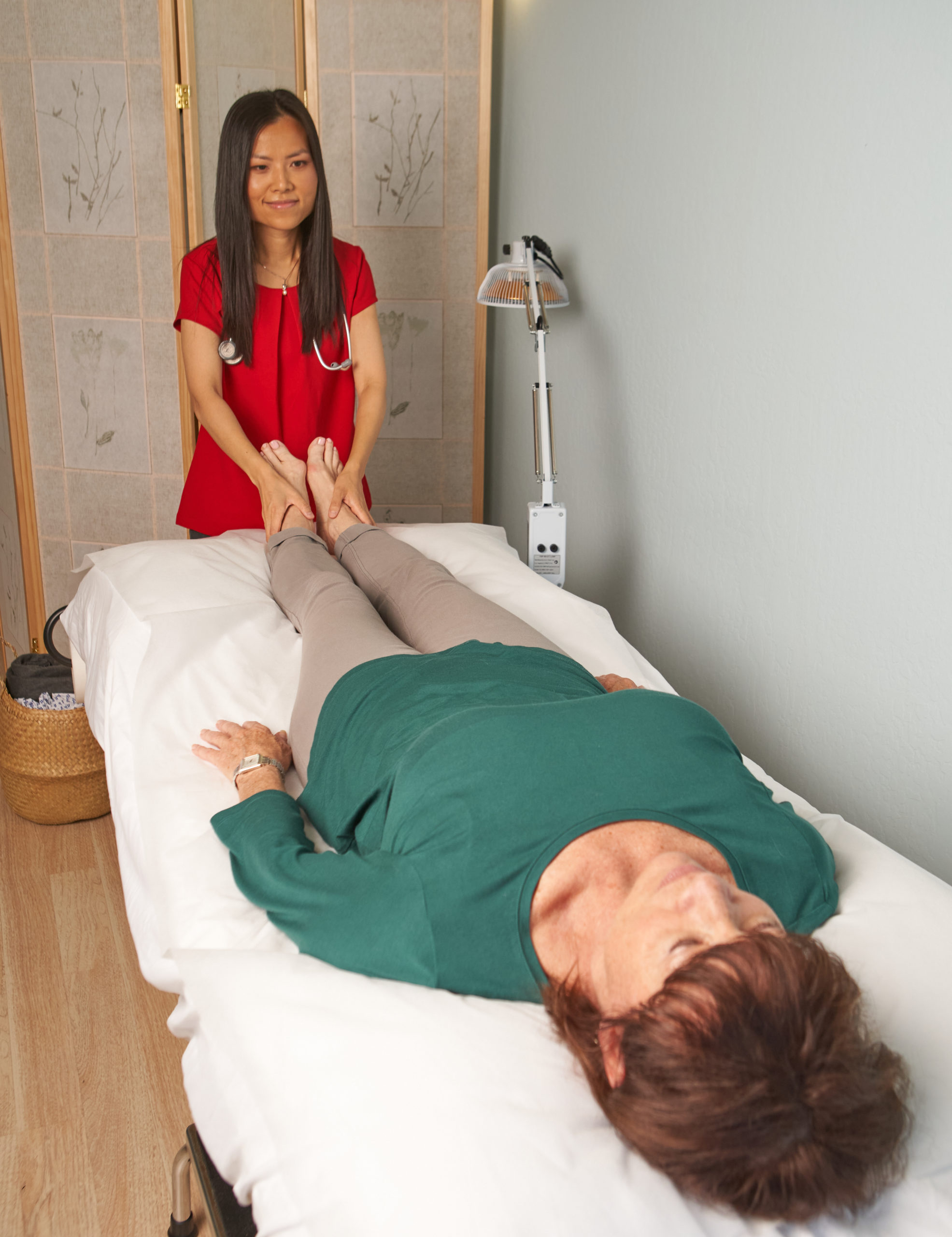Hypertension, or high blood pressure, is a common condition affecting millions of people worldwide. According to the World Health Organization (WHO), hypertension is a leading cause of cardiovascular disease, stroke, and kidney failure.
While there are various conventional treatments for hypertension, such as medication, lifestyle changes, and dietary modifications, some people are turning to alternative therapies, such as acupuncture, to manage their blood pressure.
In this blog post, we will explore the benefits of acupuncture for blood pressure and how it can complement conventional treatments.
Understanding Hypertension
Before we dive into the benefits of acupuncture for blood pressure, let’s first understand what hypertension is and how it affects our bodies. Blood pressure is the force of blood pushing against the walls of our arteries as the heart pumps blood around the body.
When this force is consistently high, it can cause damage to the arteries, leading to serious health problems. Hypertension is diagnosed when blood pressure readings consistently measure 140/90 mmHg or higher.
Some of the common risk factors for hypertension include age, family history, physical inactivity, unhealthy diet, obesity, stress, and smoking. Hypertension often has no noticeable symptoms, which is why it is known as the “silent killer.” Regular blood pressure checks are crucial to detect hypertension early and prevent complications.
How Acupuncture Works for Blood Pressure
Acupuncture is a traditional Chinese medicine practice that involves inserting thin needles into specific points on the body to stimulate energy flow and promote healing. According to traditional Chinese medicine, acupuncture works by unblocking energy pathways, or meridians, that flow throughout the body. Western medicine views acupuncture to stimulate nerves, muscles, and connective tissue, which may boost the body’s natural painkillers and increase blood flow.
Several studies have suggested that acupuncture may help lower blood pressure by relaxing blood vessels, reducing inflammation, and improving circulation. A review of 22 randomized controlled trials involving over 1,400 participants found that acupuncture significantly reduced both systolic and diastolic blood pressure readings. Another study showed that acupuncture reduced blood pressure in patients with hypertension who were not responding well to medication.
Acupuncture as a Complementary Therapy for Hypertension
While acupuncture can be a stand-alone treatment for hypertension, it is often used as a complementary therapy alongside conventional treatments. Acupuncture can help reduce the side effects of medication, improve overall well-being, and provide a sense of relaxation and calmness. It can also help people manage stress, which is a common trigger for high blood pressure.
It is important to note that acupuncture is not a substitute for medical treatment for hypertension. People with hypertension should work with their healthcare provider to develop a comprehensive treatment plan that includes lifestyle changes, medication, and regular blood pressure checks. Acupuncture can be a useful addition to this plan, but it should not be used as the sole treatment for hypertension.
If you are interested in trying acupuncture for blood pressure, talk to a licensed acupuncturist who has experience treating hypertension. They can assess your individual needs and create a personalized treatment plan that complements your conventional treatment.
If you or someone you know is struggling with hypertension and interested in exploring acupuncture as a complementary therapy in San Mateo and San Francisco, reach out to 2Dots Integrative Medicine.
Dr. Lin Dan Zhu is a California licensed naturopathic doctor and Licensed Acupuncturist. She is experienced in treating hypertension and can help you develop a comprehensive treatment plan that suits your individual needs.
Contact us today to schedule a consultation and take the first step toward better blood pressure management.


